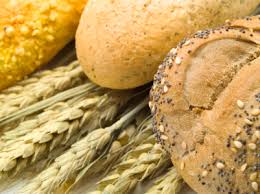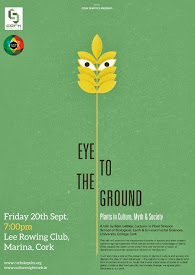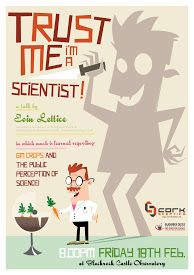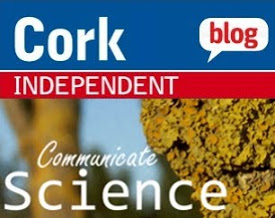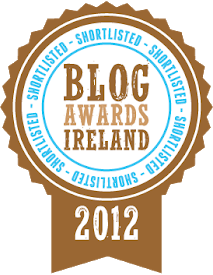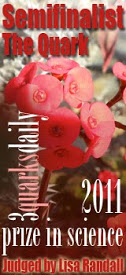Attention-grabbing rampage adds nothing to GM debate
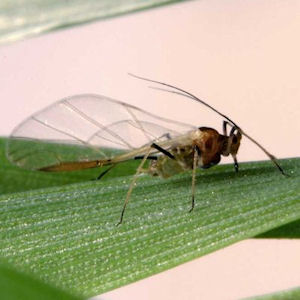 |
| Grain Aphid (Image: Rothamsted Research) |
In a recent article for the Guardian's Notes and Theories Blog, I've also called for a move away from division based on ideology in agriculture and food production towards a compromise solution where the best features of all agriculture systems are used safely and effectively.
That is why it's particularly disturbing that this weekend could see one of the most difficult, disturbing and avoidable stand-offs in the whole GM debate so far.
Located north of London, Rothamsted Research station is the longest running agricultural research station in the world. A trial of GM wheat plants has been ongoing since the 22nd of March. The plants are designed to repel aphid pests because they emit an aphid repellent.
The gene inserted into the wheat is synthetic in nature - it doesn't come from any other species. It allows the plant to produce (E)-β-farnesene, an alarm pheremone that the aphid itself produces to warn off other aphids when they come under attack. Simply put, the plants are designed to repel the aphids by scaring them off.
However, the trial, designed to see whether the new plants would grow as expected and repel aphids, is under threat from an anti-GM grouping called Take The Flour Back.
This group has called for a 'decontamination' of the site next Sunday, May 27th. According to their website, "Take the Flour Back will be a nice day out in the country, with picnics, music from Seize the Day and a decontamination. It’s for anyone who feels able to publicly help remove this threat and those who want to show their support for them".
In what amounts to a threat of physical force, the group has called on the Rothamsted researchers to remove the plants or face the consequences of a 'decontamination'. Protesters are encouraged by the protesters website: "If you are able to bring your own biohazard protection and dustmask, please do".
Rothamstead researchers took the unprecedented step of writing an open letter (pdf) to the protesters and producing a youtube video (below), appealing that their research would not be destroyed.
Apart from a letter from the protest group they seem to have been reluctant to engage in any sort of meaningful dialogue - even withdrawing from a public debate which they themselves had called for.
You can read a timeline of events and the correspondence itself here.
A petition, organised by Sense about Science has garnered over 5,500 signature in the last few weeks in support of the Rothamsted researchers.
At this late stage, it seems unlikely that the protesters will not attempt to destroy legitimate and much-needed scientific research on Sunday. They will also put at risk the nearby Broadbalk experimental site - itself the longest running field experiment in the world.
Rothamsted scientists will be at work on Sunday, a short distance from the trial site, to answer questions from the public. Nearby, years of scientific research could be reduced to nothing by extremists who refuse to accept the rule of law or the argument that a debate based on evidence is needed rather than a hot-headed, attention-grabbing rampage. As one commentator put it, destruction adds nothing to the sum of human knowledge.
Even at the eleventh hour, this group needs to call a halt to this 'protest' and engage in a proper debate. If the evidence against GM is as convincing as they think it is, then they have nothing to fear.

